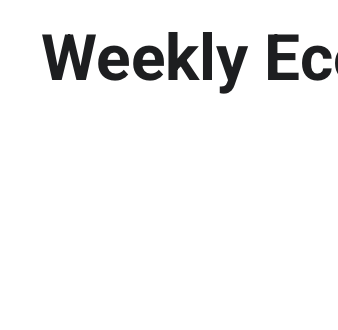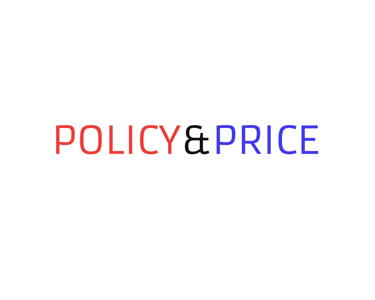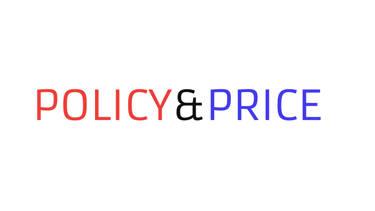
Top 3 Economic Stories this Week
UK Manufacturing PMI Data
This week we saw the UK Manufacturing PMI (S&P Global) for September come in at 49.6 - up from 48.7 in August. This acts as the third consecutive figure in the last three months of improvement, despite the sector remaining in slight contraction (being below 50). Strong signs of recovery shone through as new orders from export markets increased and firms reported better availability of raw materials - which analysts have stressed will help ameliorate supply chain issues. Overall, we'd argue that the report indicates positive outlook for a possible early Q4 rebound, but the Autumn Budget has kept some economists skeptical of what reality entails for the UK manufacturing industry.
Housing Data Reveals All
The Halifax HPI for September displayed a -0.3% MoM (small decline in terms of previous reports), and a 1.3% YoY growth. The Average UK house price sits at £298k, a slight decrease from the previous months. We'd point towards high borrowing costs and transactions being held off due to sentiment around Autumn Budget tax changes as possible factors influencing weak demand. The report included estate agents mentioning that more homes were listed this month and selling times were longer. This signals increased leverage for house buyers, as there may be excess supply in the housing market - potentially signalling a buyers market. However, economists remain confident that the UK housing market is cooling gradually rather than collapsing and prices are expected to stabilise.
Weak Demand in the Euro Area
Economists view the latest statistics coming out of the euro area as increased consumer caution in the region -as the euro area household saving rate climbed to 14.7% of disposable income last quarter. The statistic acts as the highest since 2022, and was mainly driven by Germany and the Netherlands, while southern Europe showed more confident consumption patterns. The weakened demand is questionable as inflation remains low in these areas, and employment is stable. Some analysts have pointed towards households uncertainty about future energy costs within their nations. Of course, higher savings will entail weaker consumption for these economies, and this has some analysts worried. After inflation in the area began to ease in mid-2025, many policymakers were hopeful of a consumption-led recovery, but demand simply hasn't picked up as ECB projections thought it would. This has certainly complicated the ECB's policy situation, with inflation data suggesting maybe they can relax, while growth data - especially demand-side - suggests the possibility of instability.
Policy Pulse
September CPI and Employment revisions have been delayed until Oct 24 2025 due to processing backlogs after caused by the early-October government shutdown (a continuing issue). When the issue was reported by the US Bureau of Labor Statistics, financial markets soon realised they were being left with limited official data, making short term inflation trends less predictable. Investors (and others) have had to rely on private data sources such as sentiment surveys in a hope to fill the gap. As expected, such increased uncertainty did cause volatility in the Bond Markets and Treasury yields.
Industry Spotlight: Travel and Tourism
UK Consumers continued to prioritise experiences over goods in the midst of cost of living pressures - which was highlighted by Autumn travel demand holding up better than expected. Late season bookings for short haul holidays into Europe were reported by tour guides alongside airlines. After a strong summer of domestic tourism in the UK, there was a slight softening in demand. Airport passenger traffic came close to such levels before the COVID pandemic, and business travel continued to recover last month. Meanwhile, hotel occupancy in London and other key financial centres stayed high at around 82% according to STR data. A weaker pound boosted tourism into the UK, mainly from North America and Asia - but hotels reported that profit margins were under pressure due to wage and energy costs rising in the UK. Other costs in the industry included an uptick in jet fuel prices which led to a 4-5% YoY rise in average airfares - analysts suggest it was the main factor. With all that being said, sentiment within the industry is positive heading into the winter travel season.


Economic Analysis. Political Analysis. Insightful Analysis.
Explore political and economic affairs with us.
© 2025. All rights reserved.


